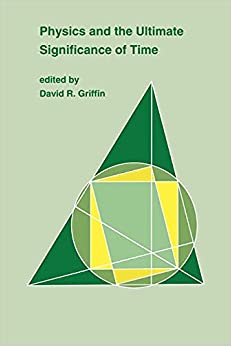Answered step by step
Verified Expert Solution
Question
1 Approved Answer
Can someone please help me with the questions for my Physics Lab? If someone can help me out with the questions, that would be really
Can someone please help me with the questions for my Physics Lab? If someone can help me out with the questions, that would be really great.





Step by Step Solution
There are 3 Steps involved in it
Step: 1
Lets address the questions one by one using the provided data 1 Overall were your densities precise or imprecise Justify your answer Answer The precision of the densities can be analyzed by looking at ...
Get Instant Access to Expert-Tailored Solutions
See step-by-step solutions with expert insights and AI powered tools for academic success
Step: 2

Step: 3

Ace Your Homework with AI
Get the answers you need in no time with our AI-driven, step-by-step assistance
Get Started


